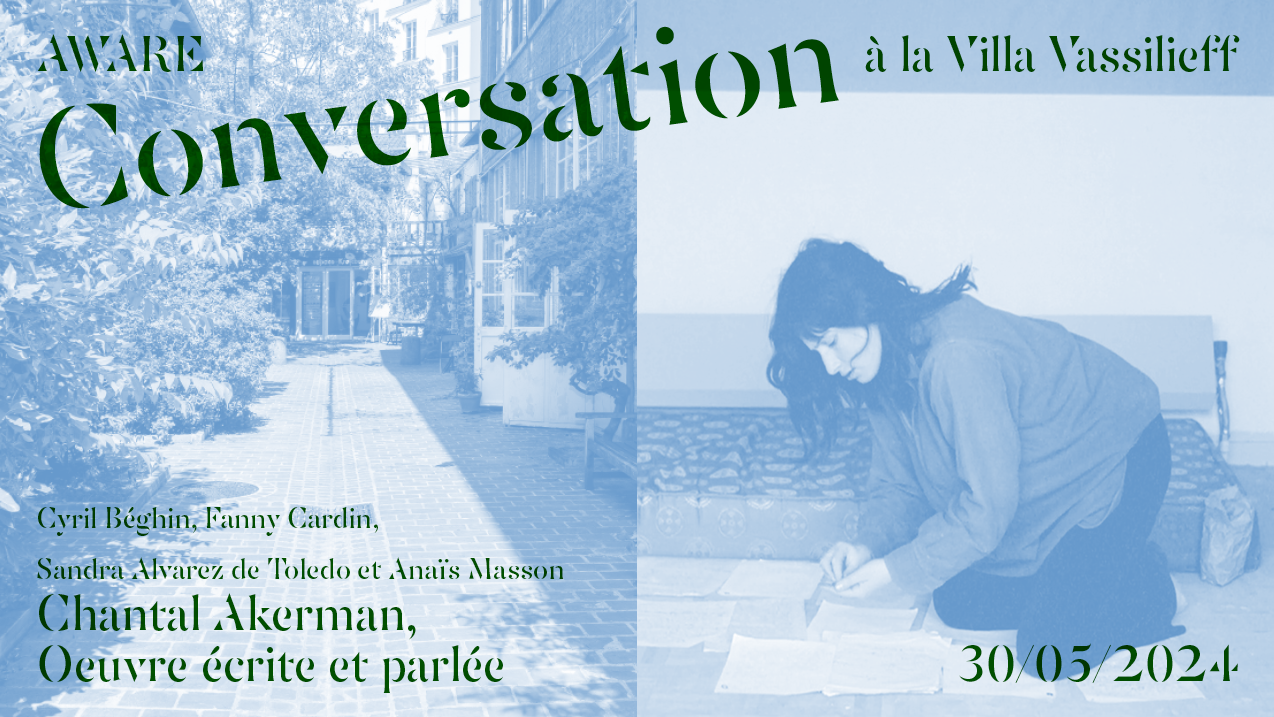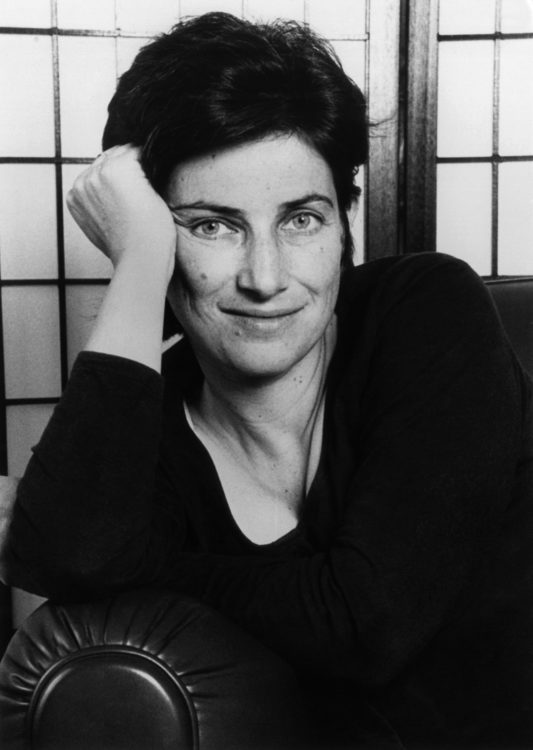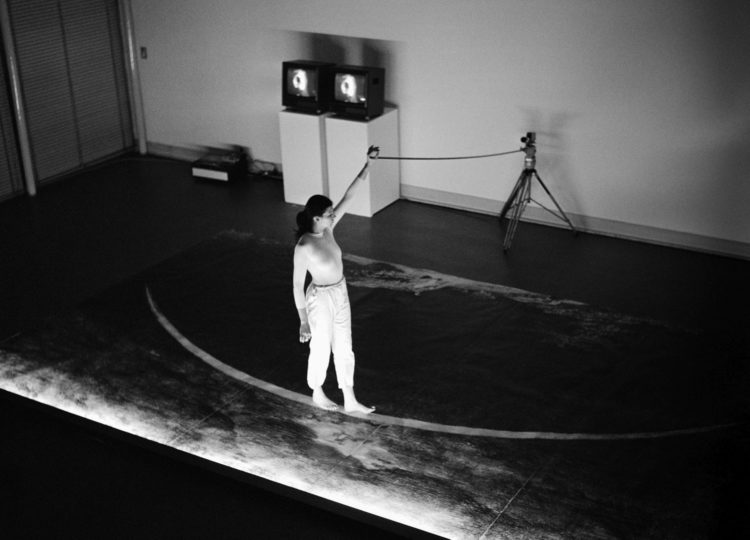Events
From left to right: Chemin du Montparnasse, © Margot Montigny/AWARE; Chantal Akerman in Je tu il elle (1975), © Fondation Chantal Akerman / Cinematek; Design by Lisa Sturacci studio, © AWARE: Archives of Women Artists, Research & Exhibitions
21, avenue du Maine
75015 Paris
Montparnasse – Bienvenüe metro station, Exit 2, Lines 4, 6, 12 and 13
Villa Vassilieff is accessible to visitors using wheeled devices or who have mobility difficulties thanks to special facilities (access ramp, adapted toilets, and a lift).
In addition, several reserved parking spaces are available close to the Villa Vassilieff:
• in front of 4 rue d’Alençon, 75015 Paris
• in front of 7 rue Antoine Bourdelle, 75015 Paris
• in front of 23 rue de l’Arrivée, 75015 Paris
Consult the map of adapted parking spaces in Paris here.
Join us for a conversation around the book Chantal Akerman, Oeuvre écrite et parlée [Chantal Akerman, Written and Spoken Work] (L’Arachnéen, 2024) with Cyril Béghin, editor of the book, Fanny Cardin, researcher specializing in the representation of everyday life in Annie Ernaux and Chantal Akerman’s oeuvre, and Sandra Alvarez de Toledo and Anaïs Masson of Editions L’Arachnéen.
Between her first short film, Saute ma ville (1968), and No Home Movie (2015), Chantal Akerman (1950-2015) made over forty films. The resounding success of Jeanne Dielman, 23, quai du commerce, 1080 Bruxelles, the 3:20 masterpiece she shot at the age of 25 with Delphine Seyrig, brought her immediate fame. The role played by women in her work led to her being identified as a feminist filmmaker, an adjective she readily accepted, but with reservations, like any kind of assignment. Since the 1990s, Chantal Akerman has also been the first filmmaker to take her work into the realms of contemporary art: since then, her installations have been regularly exhibited in galleries and museums in Europe, the United States, Israel, Latin America and Japan.
Her cinematographic work is complemented by a substantial body of written work, which L’Arachnéen is publishing almost its entirety, edited by Cyril Béghin. The publication of almost 1,600 pages is presented in the form of three volumes in a boxed set: two chronological volumes (1968-1991 and 1991-2015), devoted to Akerman’s texts, and a third that brings together the critical edition. The aim is to let the filmmaker’s writing develop on its own and at its own pace, without outside intervention. The two Akerman volumes include screenplays, synopses, notes of intent, texts for the voice-overs of her films, as well as interviews and working documents, most of which have never been published before. They include four books published during her lifetime: a play, Hall de nuit (1992), two stories, Une famille à Bruxelles (1998) and Ma mère rit (2013), and an autobiography, “Le frigidaire est vide. We can fill it” (in Autoportrait en cinéaste, 2004).
With their rhythm, punctuation and free syntax, and with the “ressassement” that she herself invokes as a mania and a constructive principle, her texts bear the mark of her voice: the work is written and spoken (she has also given numerous readings of her stories). The first two volumes are accompanied by largely unpublished images. The third volume includes a presentation by Cyril Béghin, a detailed chronology and notes on Akerman’s texts, a complete list of her films and installations, and a selection of her books, texts and interviews.
The conversation will be held in French.
Practical information
Tuesday 19 December 2023, 6:30 pm
Free entry.







